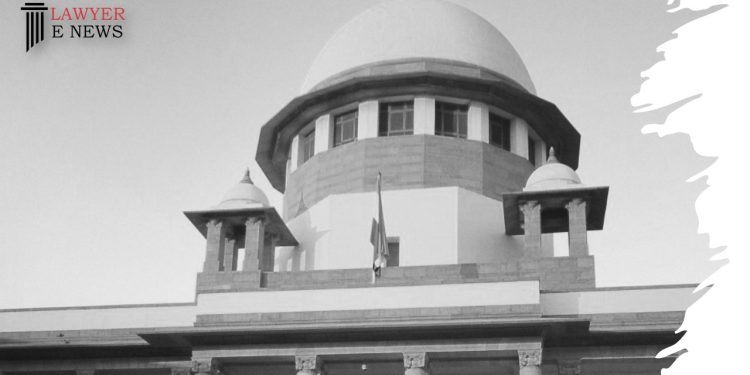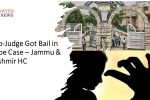Supreme Court Acquits Former Sub-Registrar of Corruption Charges Due to Lack of Evidence of Demand of Gratification

On 17 April 2023, Supreme court delivered a landmark judgement in a corruption case, in SOUNDARAJAN Vs STATE , observed that for establishing the commission of an offence punishable under Section 7 of the Prevention of Corruption Act, proof of demand of gratification and acceptance of the gratification is a sine qua non. As there was no proof of demand of gratification in this case, the offences punishable under Section 7 and Section 13(2) read with Section 13(1)(d) were not established.
The Supreme Court of India has acquitted a former Sub-Registrar, Soundarajan, of charges under the Prevention of Corruption Act, 1988. The appellant had been convicted for offences punishable under Section 7 and Section 13(2) read with Section 13(1)(d) of the Act and had been sentenced to one year imprisonment and a fine of Rs. 2,000. The High Court had confirmed the conviction and sentence, but the Supreme Court overturned this decision.
According to the case made out by the complainant in his complaint, Soundarajan had demanded a bribe of Rs. 500 for returning a registered sale deed to the complainant. However, the complainant did not support the prosecution, and the shadow witness did not depose to the specific demand of gratification.
The court observed that for establishing the commission of an offence punishable under Section 7 of the PC Act, proof of demand of gratification and acceptance of the gratification is a sine qua non. As there was no proof of demand of gratification in this case, the offences punishable under Section 7 and Section 13(2) read with Section 13(1)(d) were not established.
The appellant had also argued that there was a material defect in the charge as regards the demands made on 6th August 2004 and 13th August 2004, as no proper charge was framed regarding the same, and this had caused grave prejudice to the appellant. However, the court found that the accused was not prejudiced insofar as his right to defend is concerned, and the omission to frame charge and/or error in framing charge was not fatal.
The court also noted that the charge in this case had been framed very casually and emphasized the need for Trial Courts to be meticulous while framing charges. The judgment serves as a reminder to public prosecutors and Trial Courts to be vigilant in ensuring that appropriate charges are framed in criminal cases.
The appeal was allowed, and the impugned judgments were quashed and set aside, and the appellant was acquitted of the offences alleged against him.
SOUNDARAJAN Vs STATE ,






